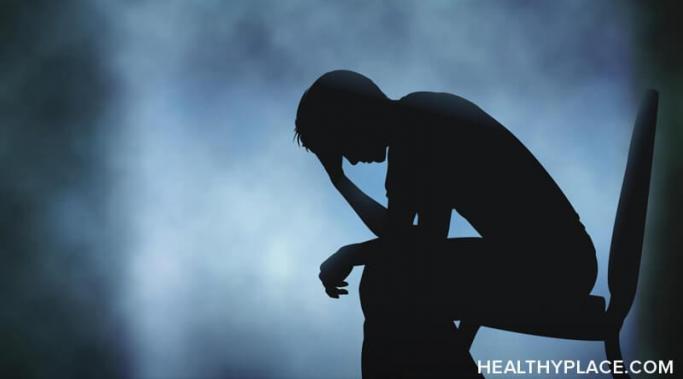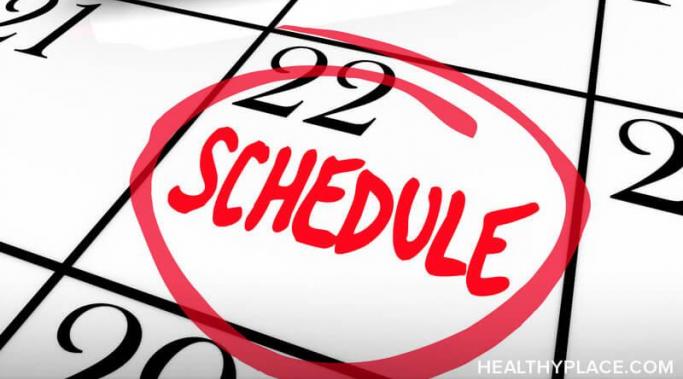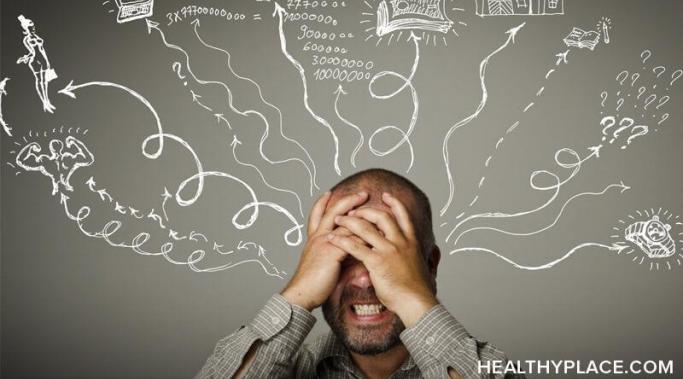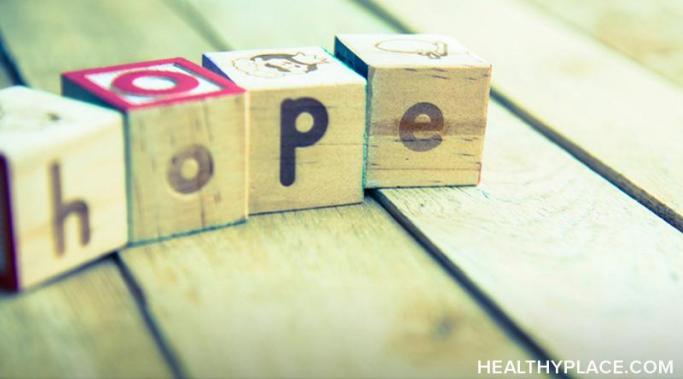I've often felt left out of life. In fact, I often say I'm an alien. It's not because I'm green or have bug eyes; it's because my experience of life is so radically different from that of your average person. I'm obviously not the only one. People with serious mental illness (or other chronic illnesses) often feel left out of life. I'm going to take a look at why this is and how we can feel more included.
Understanding Mental Illness
When I started seeing a psychiatrist, he said I would get back to life before bipolar disorder (well, I was diagnosed with just depression at the time). He focused on it a lot. He wanted to know how I was doing compared to what I was like "before." But there are so many problems with that thinking. I'm not sure you can ever get back to life before bipolar disorder.
Ghosting can affect a person's depression. And while people with mental illnesses like bipolar are known to sometimes ghost others, we, ourselves, get ghosted too. So, what happens to a person's depression when they're ghosted?
I've recently undergone a routine change with my bipolar disorder. This has been harder to adapt to than you might think. I find doing the same thing every day has a protective effect on bipolar disorder, so removing that rhythm can do the opposite. A change in my bipolar routine has officially thrown me off my game.
I have found that being too overwhelmed can lead to a loss of executive function. Basically, my head gets filled with life's troubles and illness, and then it can't think complicated thoughts. That's the crux of it. The thing is, complicated thoughts like those involved in planning and problem-solving are pretty crucial for getting through your day. So, how do we deal with the effects of overwhelm on executive function?
I control my daydreaming to lessen depression. I know "controlling your daydreaming" sounds a bit odd, but I've found that most mental processes can be controlled to some extent by paying attention. Interestingly, a new study has come out suggesting I had the right idea all along. If you control your daydreaming, you might reduce depression.
Rumination can be part of depression, and it's critical to understand and recognize depressed ruminations because they can just be the start of a horrible cycle. I have experienced ruminations in depression many times, but now I recognize them and know what to do to mitigate them.
Somewhere along the way, the political correctness (PC) police decided that we were no longer allowed to say that we "suffer" from bipolar disorder. Now, we have to say that we "live with" or "experience" bipolar disorder. If you know me, you can probably guess how I feel about that. I feel it's ridiculous. It puts unnecessary rules on language, which, as a writer, I despise, but perhaps more importantly, it genuinely denies people's legitimate experience of a serious mental illness. I suffer from bipolar disorder, and I think it's okay to say it.
I'm experiencing hope fatigue. Basically, I'm sick of the very word hope, let alone trying to scrape some up for me and my illness. There are many reasons for this, but believe me when I tell you that hope fatigue is a real thing.
I hate pop psychology a lot. And I hate pop psychology a lot for a very good reason: it harms those with mental illness (among others). Pop psychology aims to answer the mind's and the brain's questions with simplistic, easily digestible answers. Unfortunately, the brain and mind don't actually work like that. The body and the psyche require more than what pop psychology has to offer. So, yes, I hate pop psychology.









